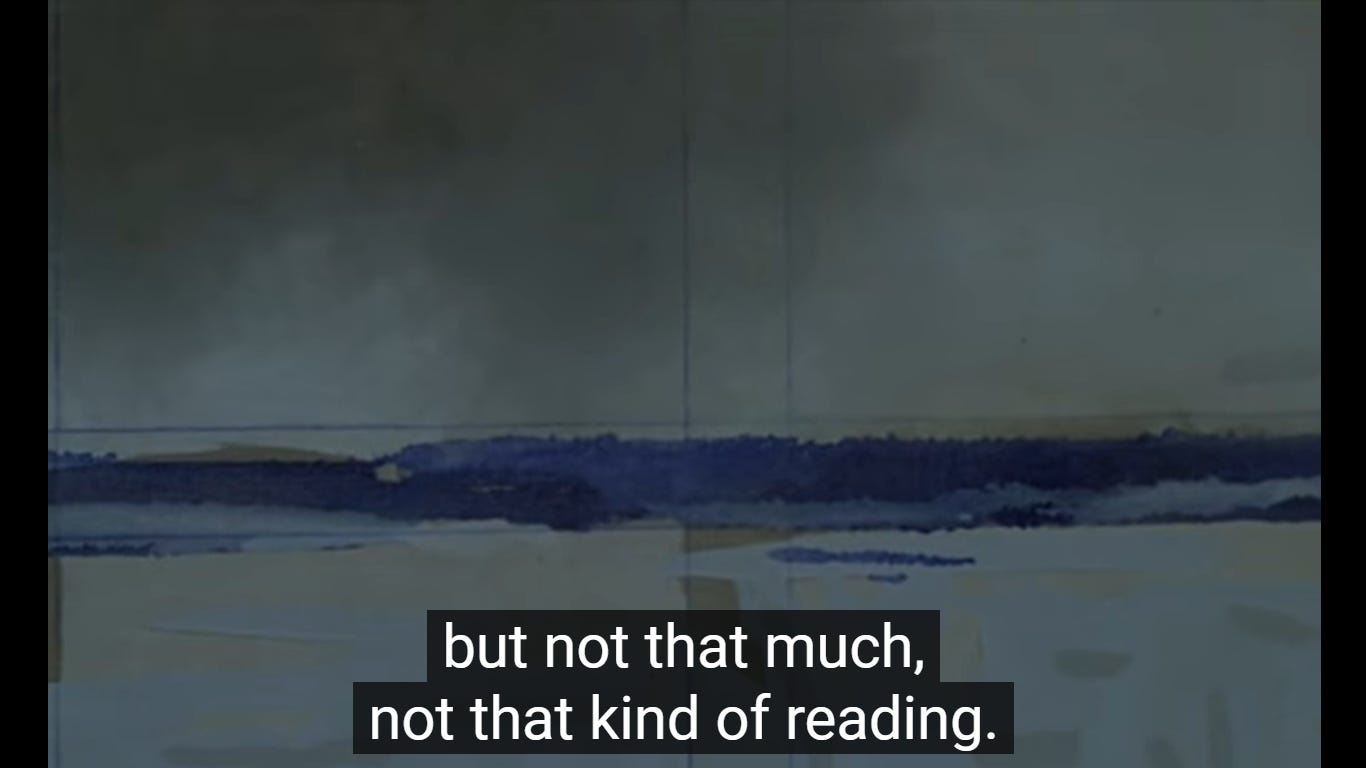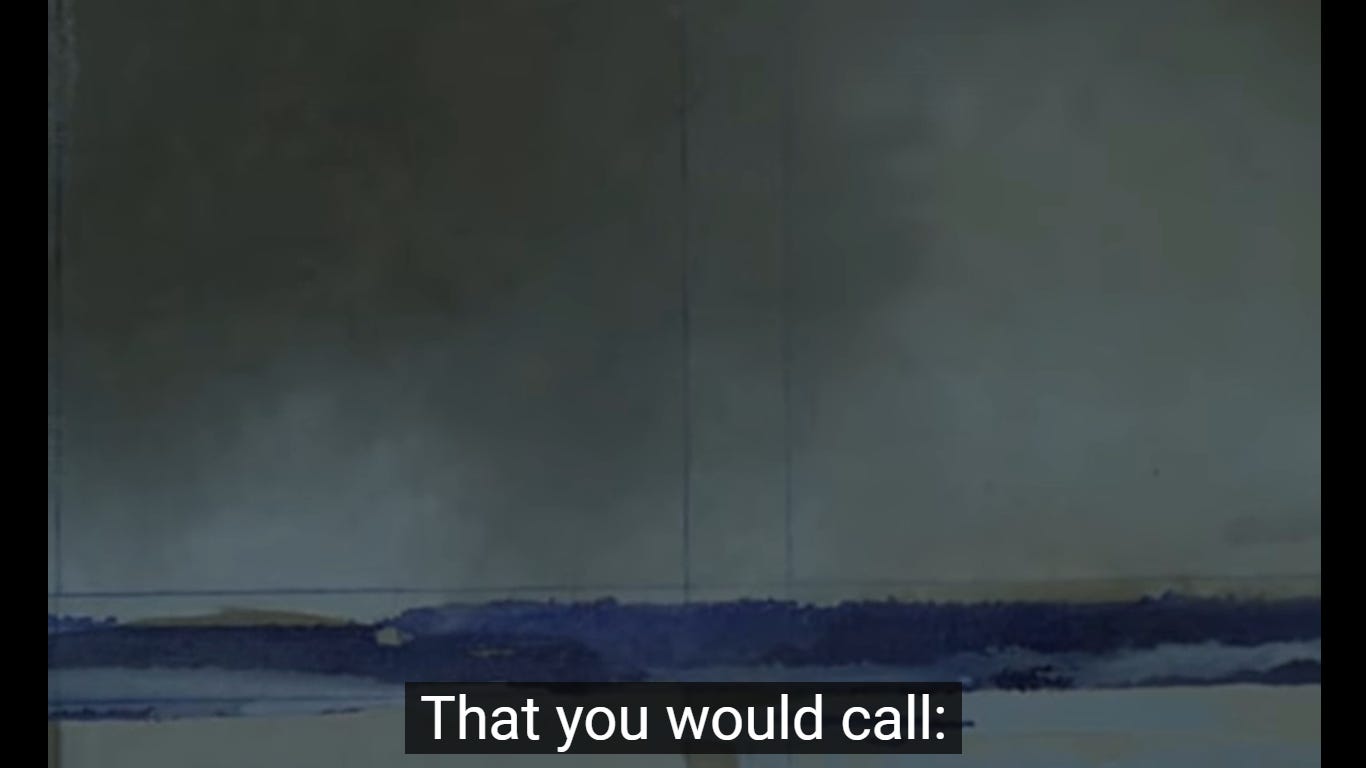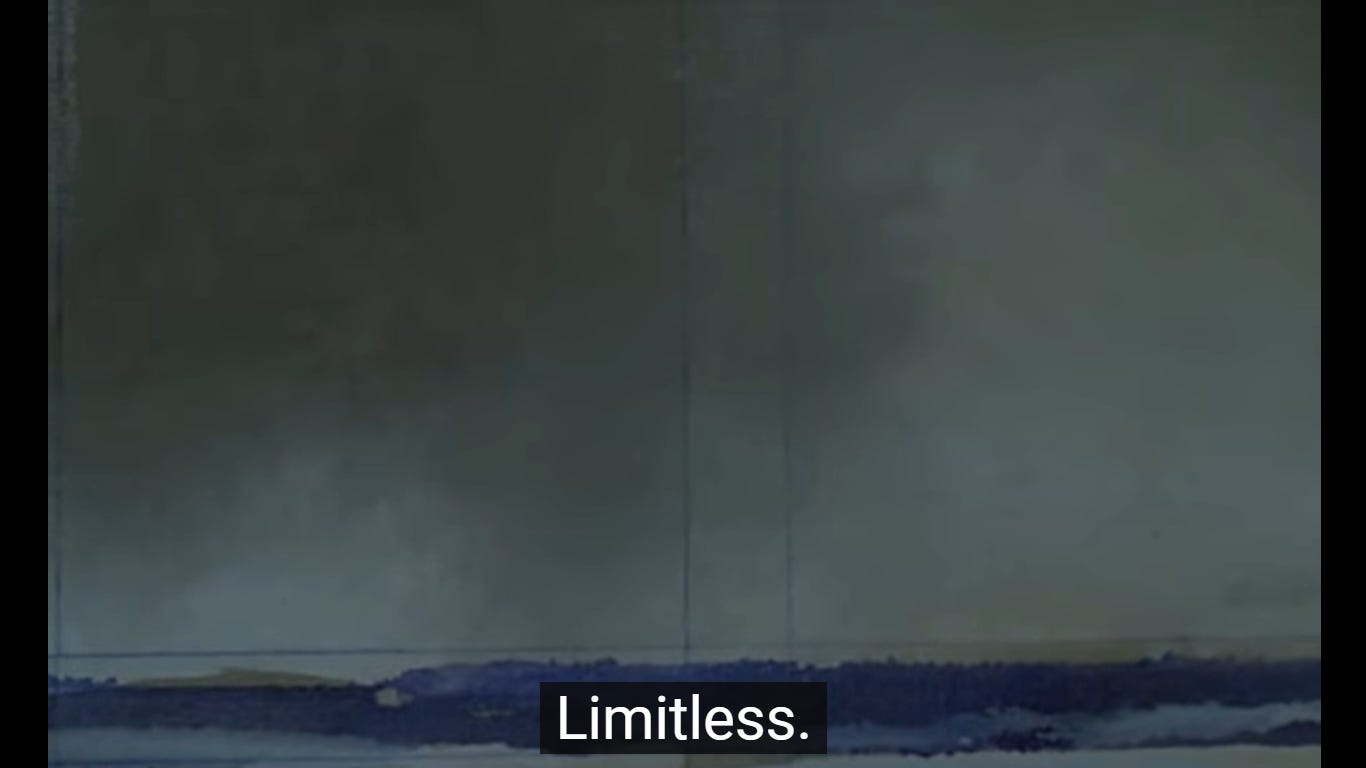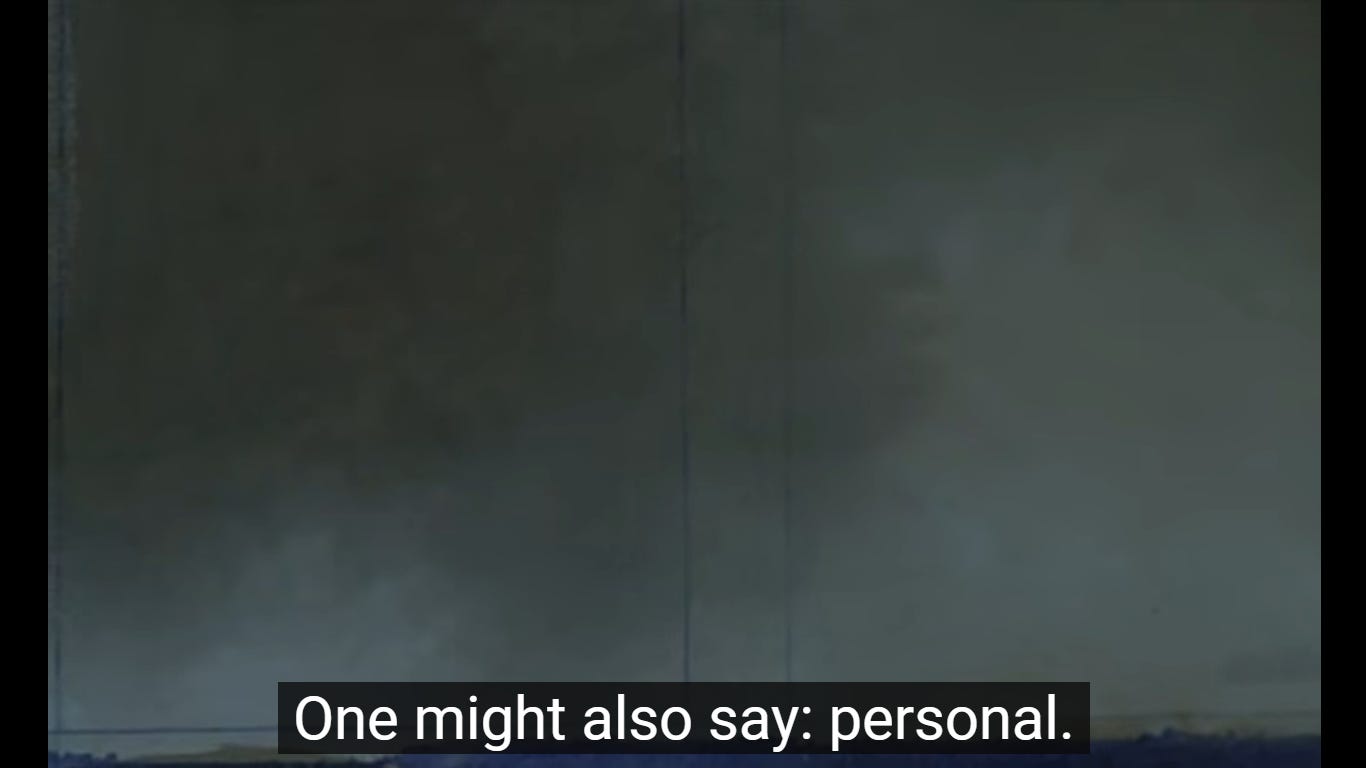—maybe writing for nothing is appropriate, as if all writing, latched to entropic and hermeneutic settings, participates in the burn-off, whatever it wants to say in this linguistic moment: we are ‘doomed’ to watch as the marionettes, the ‘used whites’, complete the old programming, all nailed in the perpetual relapse/latch-on—the remnants of what were called, misleadingly, subjectivities, chained to the oars. All murmur finitude. All obtain. All abstain. A degree of reading is called up, with perpetually deferred cookie reward, which is rewarding. Paul de Man contemplates, bypasses, freezes such a moment in the underground of what gets read:
The entire hermeneutic ballet is a display of waste: either we master the text and then we are able but have no need to feint, or we don’t and then we are unable to know whether we feint or not. In the first case, interpretation is superfluous and trivial, in the second it is necessary but impossible. Why then indulge in reading (or writing) at all since we are bound to end up looking foolish, like the fencer in the story, or to become the undoer of all pleasure and play, like the bear has become by the end of the story, when he has killed off all possibility for play by scoring whenever he deigns to enter the fray-which he does only out of defensive necessity.
The inevitable cringedom of ending up looking foolish and yet the inevitable pleasure of not being in a position to stop. One can at least freeze the chain of attendant formalizations and describe just this poisoned embargo, as a de Man or a Weil does. Like said, we have formalized that the angels themselves do not read, since they are reading. Weil puts it this way in her Notebooks:
Christ does not judge. He is judgment.
Which might be slightly rewritten, to make it a bit clearer:
Christ does not judge. He is judgement.
Christ does not judge but is judgment which means that Judgment is diaphanous and teaches us to see through. Judgment is reading for Weil, quite explicitly. To not judge is to not read. Ditto for writing. Writing, any form of writing, judges, excludes, slows down, banalizes, makes one look foolish, freezes. To be independent of judgement in reading is to enter reading itself and not be in the process of reading or writing; it is to be reading, which is impossible for us—or it is simply not to read, which is less and more impossible. And yet, what may be read is the distinction there: between reading acts and Transcendent reading, the imitation of reading, the divination of reading, the feeling of reading. Everyone keeps this secret reading and secret of reading inside:
One will then not be judged oneself, having become an image of the true judge, who does not judge.
Having become reading, one no longer reads, having become an image of the true reading. Having become sex one no longer has sex. Having been angelical, one no longer has need to be to be.
Judge not, i.e. read not.
De Man speaks of the ballet of reading and writing as a ‘display of waste’. This ballet relates, in other words, to the wasting of time, which is essentially what everything is. But it is only within this laying waste that one gets to see all the way through the status of reading and writing as addictive regimes—in glimpses, or in meditation-praxes. Cantor’s absolute infinity is also known for its wasted allure, as the squandered number, represented by ξ, and is the number created when the rules of ordinal arithmetic are extended to the collection of all collections.
Since {ξ}∈ξ, this means that ξ ∪ {ξ} = ξ and hence ξ=ξ+1.
Is absolute infinity not also a laying waste in the interval when reading and writing are shown up, without embarrassment or blushing, as a squandering and timing out? It takes you in the same direction as Heidegger’s analytic of wasting time in The Fundamental Concepts Of Metaphysics:
Why do we have no time? To what extent do we not wish to lose any time? Because we need it and wish to use it. For what? For our everyday occupations, to which we have long since become enslaved. We have no time because we ourselves cannot keep from joining in everything that is going on. This not having any time is ultimately a greater being lost of the self than that wasting time which leaves itself time.
Like said, mysticism is art for no audience. An audience is superfluous to the art, and that is why it is esoteric. The shit you’re reading—this shit right here—is still literature. But what it edges on is mysticism.
Duras: Limitless Reading
In the end, we leave him alone to get on with his drudgery. We leave him to his misfortune, to that infernal obligation that outstrips any commentary, any metaphor, any ambiguity. In other words, we leave him to his own story. We have entered into the violence of the paintings he made. We look at them; we do not look at him, the man speaking, the painter, the man struggling in the continent of silence. We look at them, at them alone. The man speaking is the one who made them without knowing what he was doing, outside of meaning, in a profound distraction.
Gotta learn to love to be seen through.







shit wrong chat
wait I read this first sentence today maan this shit was so trash check it:
"maybe writing for nothing is appropriate, as if all writing, latched to entropic and hermeneutic settings, participates in the burn-off, whatever it wants to say in this linguistic moment: we are ‘doomed’ to watch as the marionettes, the ‘used whites’, complete the old programming, all nailed in the perpetual relapse/latch on—the remnants of what were called, misleadingly, subjectivities, are chained to the oars."